 Strike Force Bravo s-2
Strike Force Bravo s-2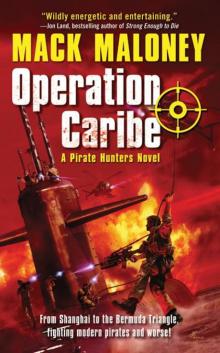 Operation Caribe ph-2
Operation Caribe ph-2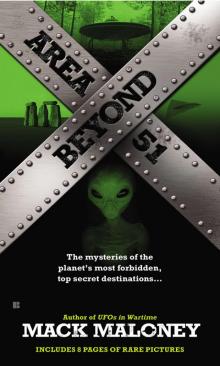 Beyond Area 51
Beyond Area 51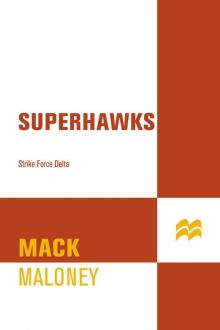 Strike Force Delta
Strike Force Delta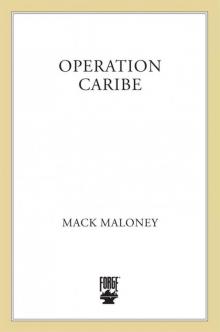 B00447820A EBOK
B00447820A EBOK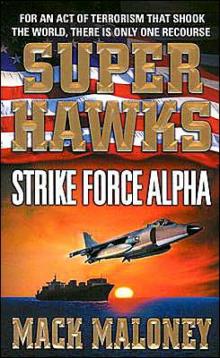 Strike Force Alpha
Strike Force Alpha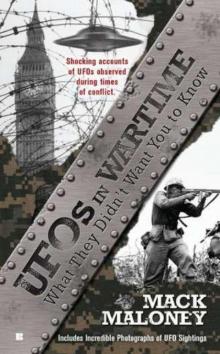 UFOs in Wartime: What They Didn't Want You To Know
UFOs in Wartime: What They Didn't Want You To Know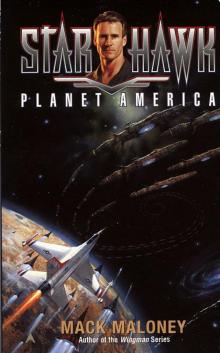 Planet America s-2
Planet America s-2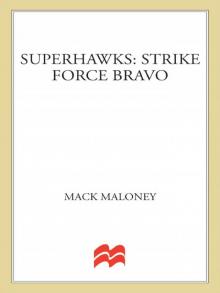 Strike Force Bravo
Strike Force Bravo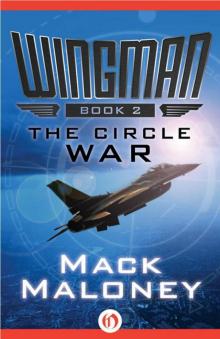 The Circle War w-2
The Circle War w-2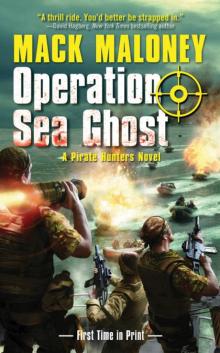 Operation Sea Ghost ph-3
Operation Sea Ghost ph-3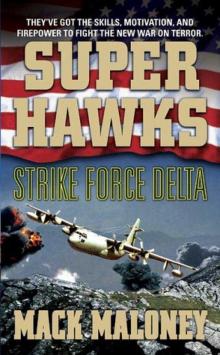 Strike Force Delta s-4
Strike Force Delta s-4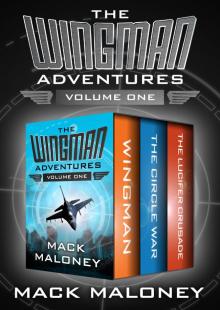 The Wingman Adventures Volume One
The Wingman Adventures Volume One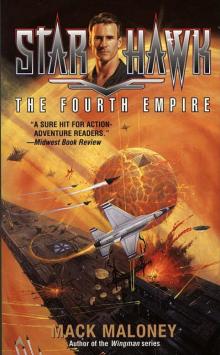 The Fourth Empire s-3
The Fourth Empire s-3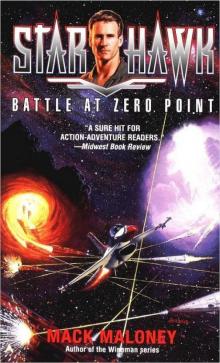 Battle at Zero Point s-4
Battle at Zero Point s-4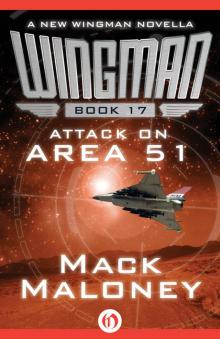 Attack on Area 51
Attack on Area 51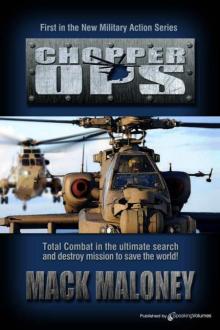 Chopper Ops
Chopper Ops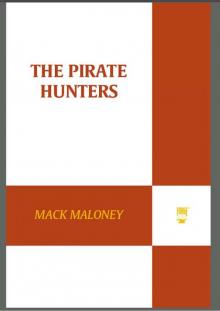 B003IKHEWG EBOK
B003IKHEWG EBOK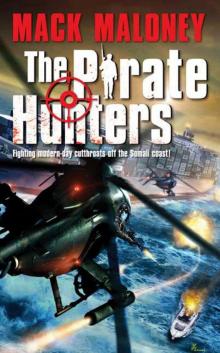 The Pirate Hunters ph-1
The Pirate Hunters ph-1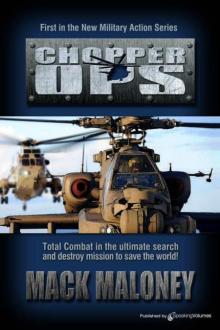 Chopper Ops co-1
Chopper Ops co-1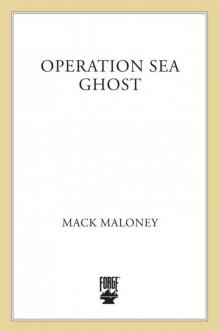 B005J4EW5G EBOK
B005J4EW5G EBOK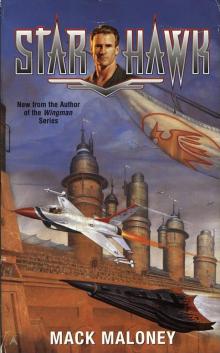 Starhawk s-1
Starhawk s-1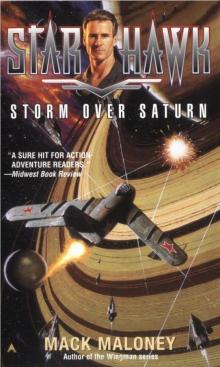 Storm Over Saturn s-5
Storm Over Saturn s-5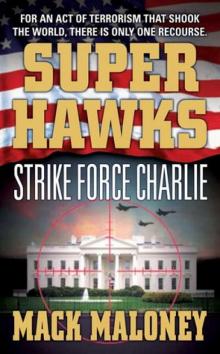 Strike Force Charlie s-3
Strike Force Charlie s-3